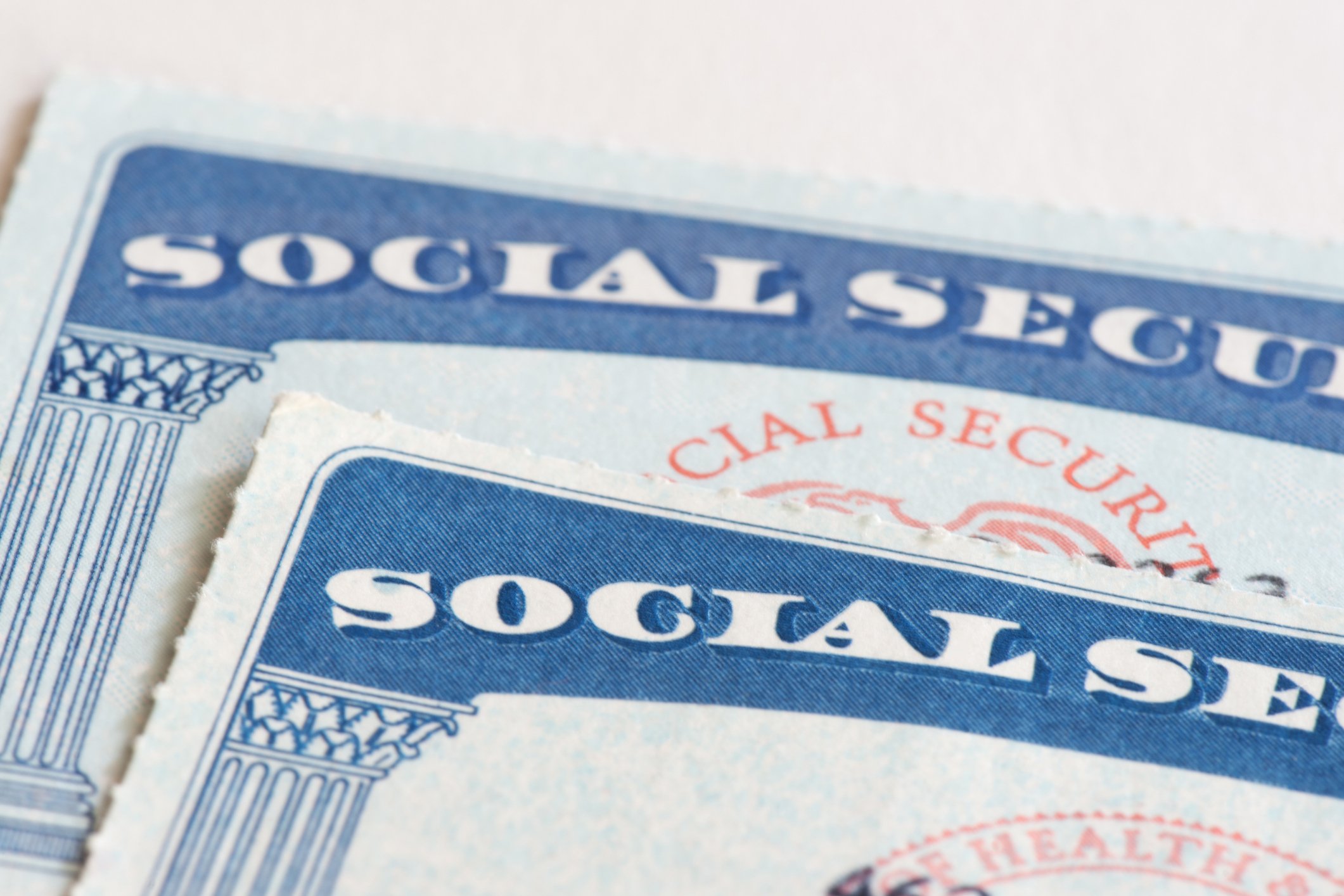If you're retired or nearing retirement, you probably know some people claiming Social Security benefits, and you might also have a sense of how the program works. You pay into it your entire career, and then when you're older, you start collecting checks for the rest of your life.
The finer points of the program are often fuzzier, though. A recent AARP survey revealed dangerous knowledge gaps that could lead some people to make poor decisions about when to apply -- or whether to apply at all. Correcting these misconceptions, including the five listed below, is key if you hope to get the most out of the program.

Image source: Getty Images.
1. What's the earliest age you can claim benefits?
Only 40% of those surveyed knew that the earliest you can claim Social Security is age 62 -- and even this is a bit of an oversimplification. You have to be 62 for the entire month to be eligible, and in the Social Security Administration's eyes, your birth month only counts if you were born on the first or second. If not, you don't qualify until the month after your birth month.
It's also important to note that claiming at 62 is considered claiming early because you're under your full retirement age (FRA) -- more on that below. This means you could face an early claiming benefit reduction of up to 30% for signing up then. However, it could still be the right choice for you if you have no other way to cover your living expenses or if you have a short life expectancy.
2. What's the age that maximizes your monthly benefit?
Even fewer people know how long they have to wait to maximize their monthly benefit claim. Only a quarter of respondents correctly chose age 70 as the age when you qualify for your largest monthly benefits.
Most people guessed younger than this. This is dangerous because you might short-change yourself by claiming earlier, believing you couldn't grow your checks by waiting longer.
Thinking you have to wait past 70 to qualify for your maximum checks could prove even more costly. Your benefits don't grow any more once you reach 70, so you should definitely sign up by then at the latest. Otherwise, you're just costing yourself money.
3. What is your full retirement age (FRA)?
Your FRA is the age when you qualify for your full Social Security benefit based on your work history. If you claim in the month you reach your FRA, you don't face any early claiming penalties, and you also don't get any delayed retirement credits that boost your benefit.
More than one-third of survey respondents believed that FRA is 65, while another quarter said they didn't know. The 65 guess doesn't come out of nowhere. FRA used to be 65 for many years. But in the 1980s, the government made changes to the program to avoid insolvency, including raising the FRA for younger adults.
If you were born in 1960 or later, your FRA is 67. However, some older adults have slightly younger FRAs.
4. Can you claim Social Security benefits on an ex-partner's work record?
When asked about whether a divorced person could claim Social Security benefits on their ex's work record after a 10-year marriage, half of the respondents either answered incorrectly or didn't know. The truth is that you can, but the 10-year marriage is key.
People who get divorced before crossing the 10-year mark are not eligible to claim benefits on their ex's work record. You also aren't eligible to do this if you remarry. However, in this scenario, you could become eligible based on your new spouse's work record. If your spouse remarries but you don't, this doesn't affect your eligibility for an ex-spousal benefit. Claiming on your ex's work record will not prevent their new spouse from receiving checks either.
5. Will you get back the money you lost to the Social Security earnings test?
The Social Security earnings test applies to those claiming checks before their FRA while they're still working. If you're under your FRA for all of 2025, you lose $1 for every $2 you earn over $23,400. If you'll reach your FRA this year, you lose $1 for every $3 you earn over $62,160, if you earn this much before your birthday.
Few survey respondents understood that this loss, while potentially problematic in the short term, isn't forever. When you reach your FRA, the Social Security Administration increases your checks to make up for the amount it kept from you before.
If any of the answers above surprised you, it might be time to rethink your Social Security claiming strategy. You may prefer to claim at a different time to get more money or avoid the earnings test, for example. If you have any questions about how the above rules apply to your specific situation, you can always contact the Social Security Administration for more information.





